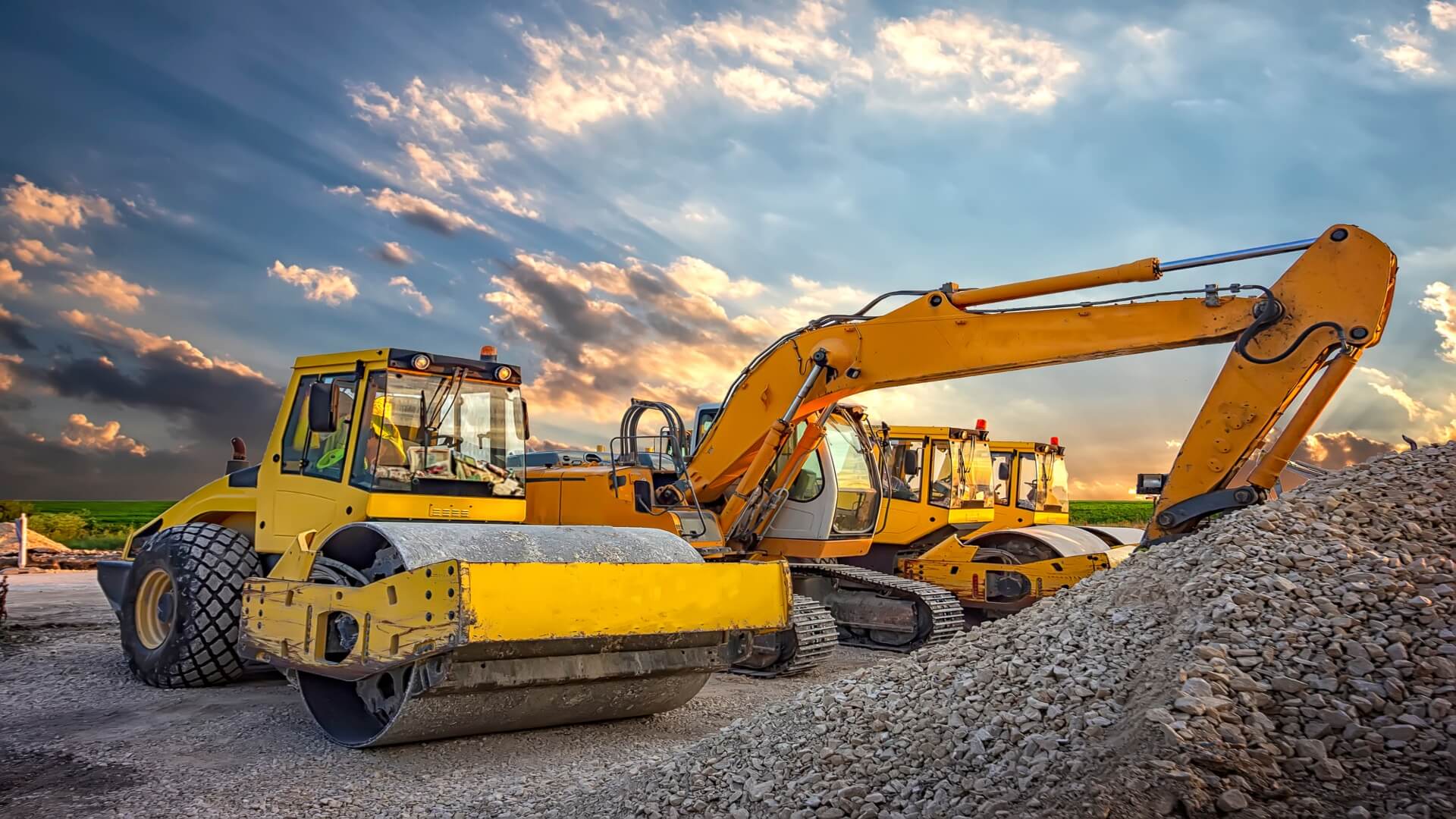Are you planning on shipping heavy equipment? Have you recently gotten a tender that requires you to move heavy equipment to the project site? Transporting them requires adequate planning. By definition, heavy equipment, also called heavy-duty vehicles, is used in the construction industry for earth-moving activities. Examples are backhoes, excavators, bulldozers, and graders. A common feature of these pieces of equipment that makes planning for their transport necessary is their heavy weight.
How, then, do you transport heavy equipment? Here are tips to guide you:
1. Partner With A Logistics Partner
Independently transporting heavy equipment can be frustrating. There’s a high likelihood you don’t have the resources for the task. That’s why it’s best to partner with logistics companies. They have the resources, like labour and tools, to make transportation easier and faster. Their experience has also allowed them to master the best practices for heavy equipment transport. With them on board, you have less to worry about as the client. However, it’s important to note that not all logistic companies are qualified. So, consider vetting their qualifications before hiring them.
2. Use The Right Transport Vehicle
Considering heavy equipment is large, using the wrong carrier vehicles might cause accidents. Hence, the need to adopt the right means for equipment transportation. Your chosen transport vehicle should depend on the heavy equipment you’re moving. The equipment should fit into the vehicle, considering its length and width. At no given time should parts protrude outside the transport vehicle. It can cause an imbalance of load transfer. The transport vehicle should be able to carry the weight of your heavy equipment. It’d be best to weigh your equipment beforehand; most of the time, you have nothing to worry about as its weight is likely indicated on its body. Ensure the equipment’s weight is less than, and not equal to, or more than, the vehicle’s carrying capacity. Lastly, the transport vehicle should be well-maintained and in good condition. It’s best to have it serviced before the traveling day. Any malfunction can disrupt the transport process or, worse, cause accidents.
3. Factor In Safety
Safety when transporting heavy equipment is paramount; otherwise, it can cause fatal accidents. These will come with lawsuits and fines, eating into your finances. How will you factor in safety? Ensure you secure the heavy equipment on the vehicle. You can use straps, binders, chains, and anchors. They should be strong enough to hold the equipment in place during transport, whether or not the driver is braking. At no point should it shift in position. Safety also entails removing loose parts and locking the doors, windows, and brakes, among other practices. You want the equipment to arrive in one piece.
4. Familiarize Yourself With The Laws
Heavy equipment transportation isn’t similar to moving normal-sized goods. As a result, there are laws surrounding the former. They aim at keeping everyone safe and protecting public amenities. Most states limit the weight you can carry on given roads to extend their lifespan. Thus, start by finding out the route you’ll take. Follow this up with researching the laws governing the road. At no given time should the weight of your heavy equipment and the transport vehicle exceed the road’s maximum capacity. Where you’re traveling to another country, find out the laws on heavy equipment transportation in the said location. Ensure that you act per the other country’s laws.
5. Work With Qualified Drivers
Even with putting all measures in place for transporting your heavy equipment, the ultimate success of the journey depends on the driver who’ll handle the transport. The wrong one will cause accidents, endangering the lives of other road users. There’s also a possibility of your heavy equipment getting damaged. Therefore, it’s best to work with qualified drivers. The driver should have undergone the necessary heavy truck driving training. A valid driver’s license should prove this. Also, ensure the driver has experience driving heavy trucks. The more years, the better. Furthermore, your chosen driver must have skills in basic vehicle maintenance. These will help them inspect the carrier before embarking on the journey. They’ll also manage to identify and address any issues with the vehicle as they transport your heavy equipment, reducing accidents.
Conclusion
Acquiring heavy equipment is an investment. They don’t come cheap; hence, you must handle them with utmost care. One of the ways to protect them is by transporting them safely. The discussion above guides you on transporting heavy equipment the proper way. Use these insights to your advantage.






















